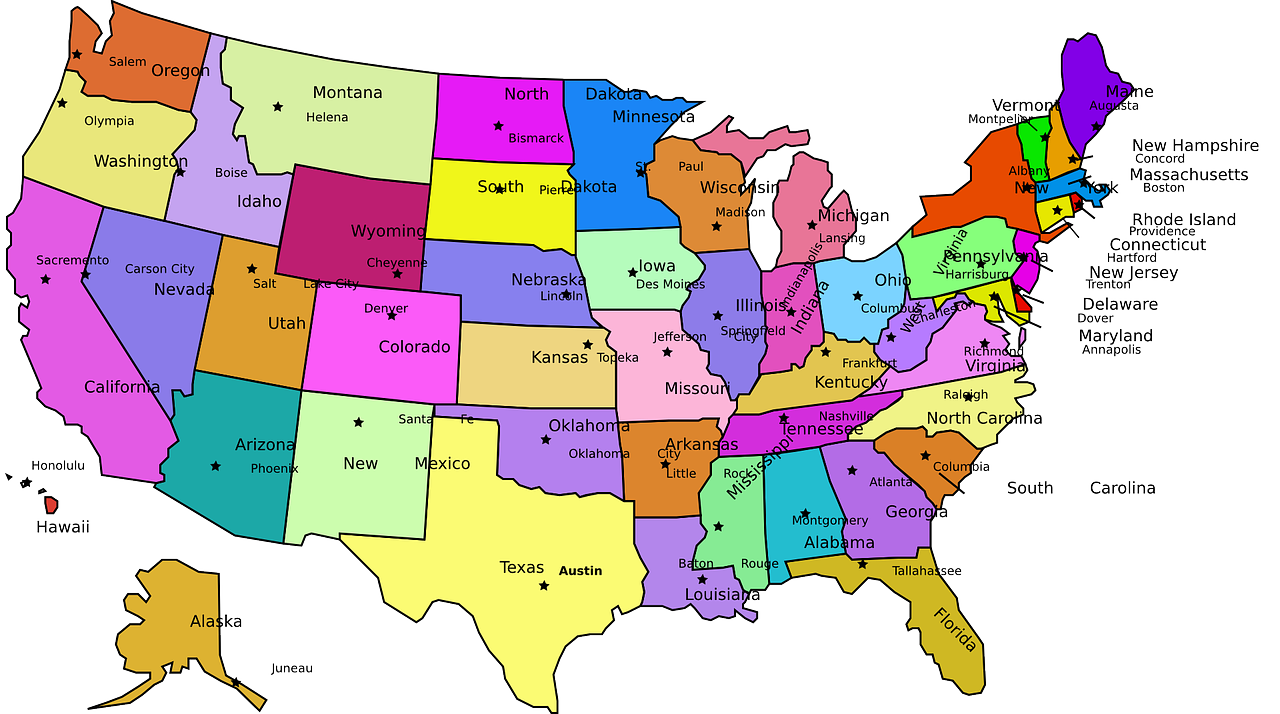
24 Feb If It’s Cheap but Far Away, Should I Buy It?
I did this a bunch of times in my early years as an investor. My first property was 100 miles away. I went to an auction for properties that had failed to sell when listed with Realtors. With a mix of naivete and bravado, I was the high bidder on a 5-unit apartment building in inner city Philadelphia. On paper it seemed cheap. I hadn’t even seen it or that neighborhood. It was technically fully occupied, but only one of the five tenants was paying rent. One out of five! I bought the building sight unseen. I was unrepresented by anyone like a Realtor or a lawyer. I didn’t know any local contractors, property managers, attorneys, or anyone else. I was completely unfamiliar with the neighborhood. There was a high crime rate. In my first six weeks of owning the building, one of my tenants killed another one of my tenants. I had to testify in the capital murder trial. I learned a lot of hard lessons with that building.
The day after I bought that 5-unit building, I bought a commercial building about 150 miles away from it. The 8,000 sq. ft. building housed a failing retail business, and the property only had one parking spot in the rear. Once again I had no connections in the area. The roof leaked badly. I did not have anyone representing me. There was an auction, and I was the only person who showed up for it! That should have been my first clue not to buy something that no one else wanted. I still bought the building. It sat vacant for many months. I failed to sell it, and ultimately I leased it. The first commercial tenant failed to pay, so I had to negotiate his departure. I eventually entered into a lease purchase agreement with some wonderful, hard-working people. However, their business never grew to where it needed to be, so they ended their use of the building. Thankfully I sold both the Philadelphia 5-unit and this commercial property.
In later years, my wife and I self-managed residential rental units from 700 miles away. We did not have any issues with the tenants. We had an established network of handymen, plumbers, HVAC technicians, electricians, and grass cutters. We outsourced the snow removal to the tenants. After many years, we sold those units to focus on buying properties within a 30 minute drive of our home.
What I have learned is that a novice investor should buy close to home even if a far-flung property seems cheap. If you can’t easily keep an eye on your property then you’re asking for things to go wrong (sometimes without your knowledge!).
Even some experienced investors should stay close to home, unless they have a trustworthy network of people in the area. An advantage for experienced investors operating in other areas is that they have proven systems and models on how to run a business. When they acquire properties in different areas, they diversify their holdings. Even if one city experiences an economic slump or a housing slowdown, another city may be booming.
You have to view matters from a risk/reward perspective. When you pay less money for a property in one place versus another, at first glance you incur lower risk. If you don’t have a strong network where you own real estate, you face some risk. If you are self-managing rental units from far away, you are incurring even more risk since you may have to pay a premium for contractors who you don’t know. When you don’t know contractors well, there is the possibility of them not completing the work at all or at least not to your expectations. If you’re self-managing tenants from far away, eventually they may figure that out. Some tenants won’t care, yet others may take liberties out of the belief that you aren’t minding the property. Alternately, you could hire a local property manager and presumably they would provide you with a lot of value. Factor in the fees that the property manager charges to determine if the additional costs offset the risks of buying far from home.
I’ve known of some experienced investors who pay to send their work crew to a faraway property. There are other factors that come into play. They have to provide lodging and food for the workers, who spend time away from their families. The workers may not be licensed in the new area, and they may not know how the permit system works. The city inspectors may even require a local general contractor who is licensed there to oversee the project. That general contractor might not want to work with anyone but their own people. Sometimes you don’t discover these challenges until after you’ve bought the property and begun work.
If you’re a novice house flipper looking to renovate and sell a house that’s far away, you need to seriously consider the risk/reward ratio. If you’re trying to do the work yourself on evenings and weekends, it’s tiring to travel far and do physical labor after a long day at work or when your family really wants to see you. Long-distance renovators become inefficient in what they do, and it’s inevitable that when they arrive at the property they realize they forgot to bring a particular tool or item to install. So that means they have to address the issue on the next trip, and there always seem to be additional trips that must be made. The project will drag on and on, costing money and time. If you seek to hire contractors, a problem is that as the owner you should walk the job site at least twice a week to ensure timely and quality work is being performed. Even if the contractor is top notch, miscommunications can occur so it is imperative that you visit your property periodically. Sure, you could do video calls with your contractor yet video calls can be limited in scope and it’s likely that you will miss something.
I personally know novice house flippers who spent years – years! – renovating a faraway house. Whatever profit may have been imagined on paper evaporated in real life. I know investors who got so tired of driving to their never-ending renovation project that they just gave up, eventually selling the unfinished house at a steep discount to another investor.
If you are going to personally renovate a property that’s not near your home, the work needed must be so light that you can have it done in less than a month.
If you do find an opportunity far away, whether it is a beach home that you can rent out to vacationers or a low-priced rental property, do a risk/reward assessment. If you’re going to buy far from home, sometimes buying a fully renovated, well-maintained property is better than buying a fixer-upper. Even though you likely pay full price, you can rent the property right away and have time to establish a network of contractors and others.
Even though your financial risk is reduced a little by paying relatively less, your risk is increased by the other factors mentioned above. These other factors can increase your costs to the point that it would have been better to pay more to invest closer to home.
You should always be at least two levels deep in every profession. When we self-managed our rentals from hundreds of miles away, we had at least two handymen, plumbers, electricians, Realtors, junk haulers, house cleaners, and grass cutters in our network. I understand that sometimes when you acquire your first property in a new area, you won’t have much of a network. In that situation, rely upon your Realtor or others you know there to build out your initial network.
In most cases, search for a deal within a 30 minute drive of your home. Become an expert on your local market. Build up a portfolio of successful flips or rentals. Establish a deep network. If you are cash-rich or enjoy substantial monthly cash flow, then you can consider buying in another area. Your risk goes down when you have plenty of money and experience.
Tai DeSa is a graduate of The Wharton School of the University of Pennsylvania. He became a full-time real estate investor in 2004 after serving in the U.S. Navy. Tai made colossal mistakes in investing (and learned some things along the way). Tai has coached hundreds of entrepreneurs, real estate investors, and real estate agents on how to increase their income and net worth. He has helped hundreds of homeowners avoid foreclosure through successful short sales. Check out Tai’s books on Amazon.com. Tai may be available for coaching and speaking engagements on a variety of real estate topics. Send an email to tai@investandtransform.com.






No Comments